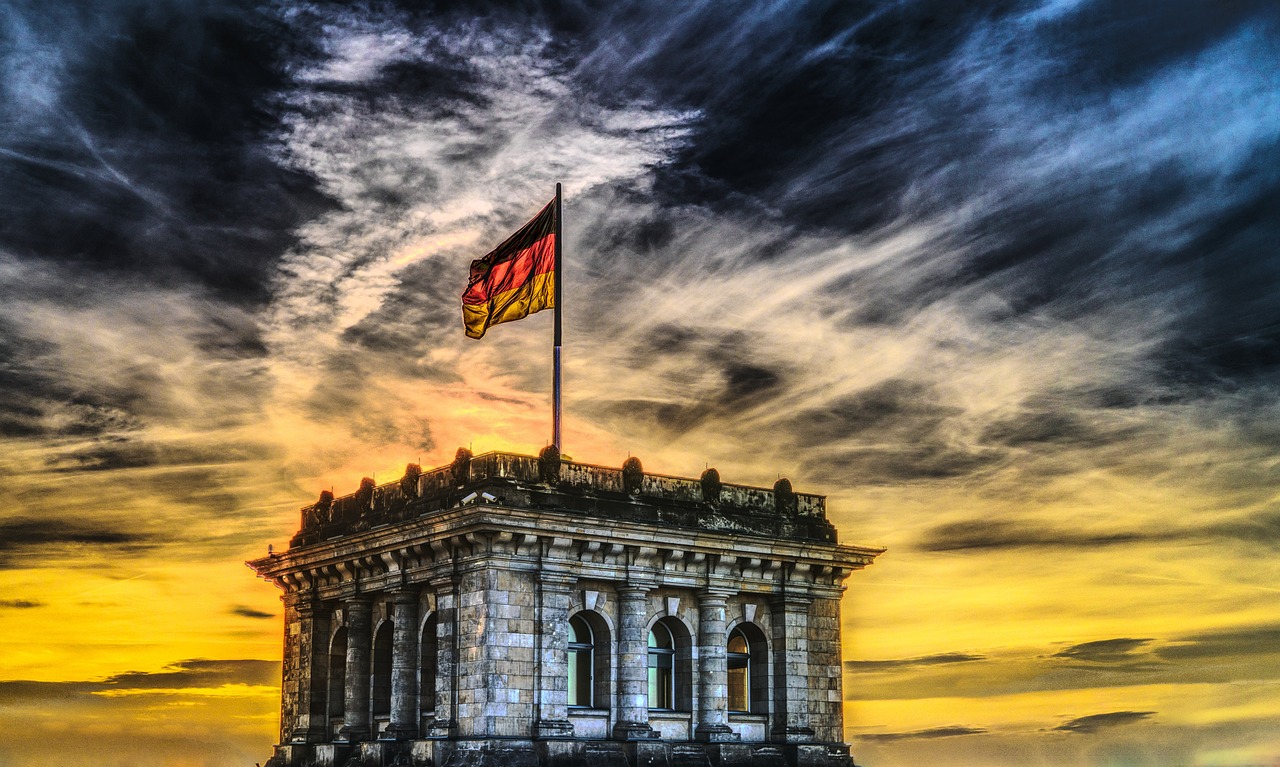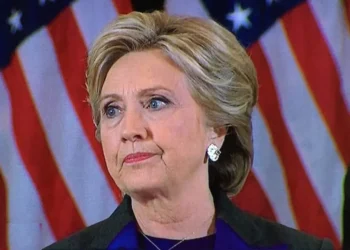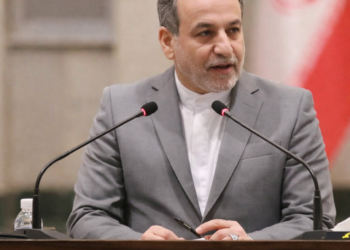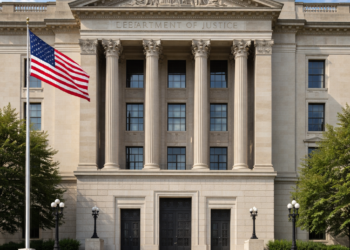The European troika of Britain, France and Germany (E3) has formally notified the United Nations of their readiness to reinstate stringent nuclear sanctions against Iran unless Tehran resumes compliance negotiations by August 2025.
In a joint letter to UN Secretary-General António Guterres, foreign ministers Jean-Noël Barrot, David Lammy and Johann Wadephul confirmed their intention to trigger the JCPOA’s “snapback” mechanism (which would automatically restore all pre-2015 sanctions) should Iran continue stonewalling diplomatic efforts. The warning follows failed preliminary talks in Istanbul last month and comes as Iran’s uranium stockpile reaches dangerous new thresholds.
Recent IAEA reports reveal Iran now possesses over 400kg of uranium enriched to 60% purity—just shy of weapons-grade 90% and far exceeding the 3.67% limit set by the 2015 nuclear accord. This stockpile, accumulated since the US unilaterally abandoned the JCPOA in 2018, could theoretically fuel three nuclear warheads if further enriched.

The crisis worsened in June when Iran’s parliament suspended cooperation with IAEA inspectors following Israeli airstrikes on nuclear facilities and subsequent US retaliatory bombings—a 12-day conflict that derailed earlier negotiation attempts.
Meanwhile, Iranian officials maintain they will only return to Vienna negotiation tables after existing sanctions are lifted and their right to civilian nuclear energy is recognized. Hardline lawmaker Manouchehr Mottaki escalated tensions by threatening complete JCPOA withdrawal if new sanctions are imposed, according to Defa Press. This reciprocal ultimatum creates a diplomatic deadlock as the original deal’s October 2025 expiration looms—a timeline that would automatically free Iran from all enrichment restrictions absent on the renewed agreement.
How UN Sanctions Could Cripple Iran’s Economy
The E3’s threatened snapback would revive the most punishing measures of the pre-2015 era: a global arms embargo, ballistic missile technology bans, and crippling restrictions on Iran’s oil exports and central banking operations.
Analysts warn this could collapse Tehran’s already struggling economy, where inflation exceeds 40% and oil revenues have halved since 2018. However, the mechanism risks splitting the UN Security Council, with Russia and China likely to oppose the move given their growing trade ties with Iran.
Oil prices surged 3% following the E3 announcement, reflecting fears that renewed sanctions could remove 1.5 million barrels of Iranian crude from daily global supplies. European energy firms like TotalEnergies (which invested $5 billion in Iranian gas fields post-JCPOA) now face wrenching divestment decisions. The timing proves particularly delicate as Western nations grapple with inflation and OPEC+ supply cuts.
Why It Matters
With the JCPOA’s collapse potentially triggering a Middle Eastern nuclear domino effect—Saudi Arabia has vowed to match Iran’s capabilities—the E3 insists their August ultimatum represents the last chance for peaceful resolution. Yet Tehran’s recent military pacts with Moscow and Beijing suggest it may calculate that economic pain is preferable to concessions. As IAEA Director General Rafael Grossi warns of “weeks, not months” before Iran achieves breakout capacity, the world watches whether diplomacy can still avert catastrophe.

















